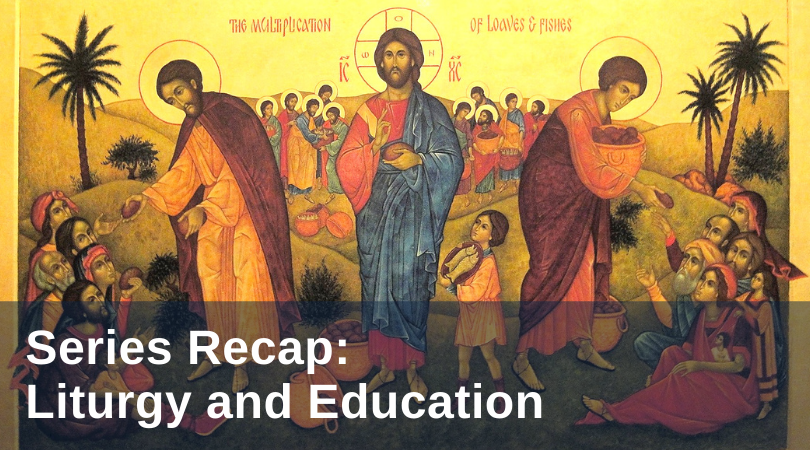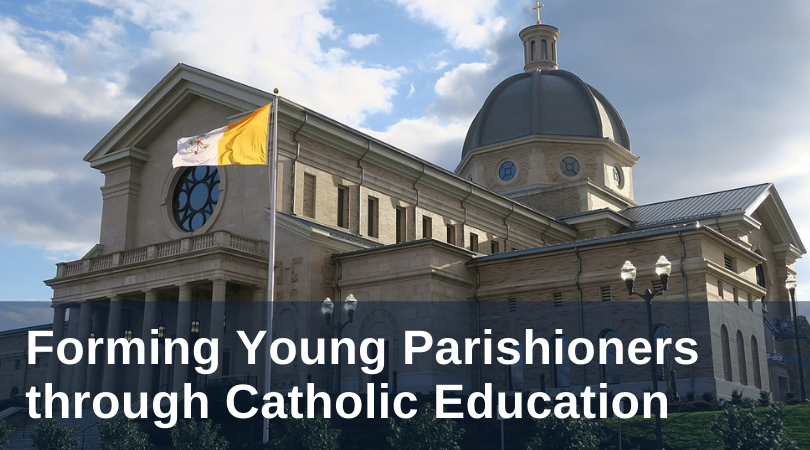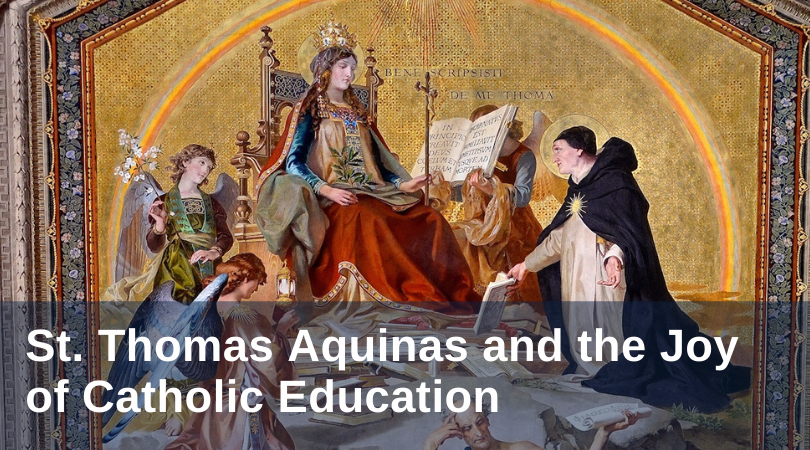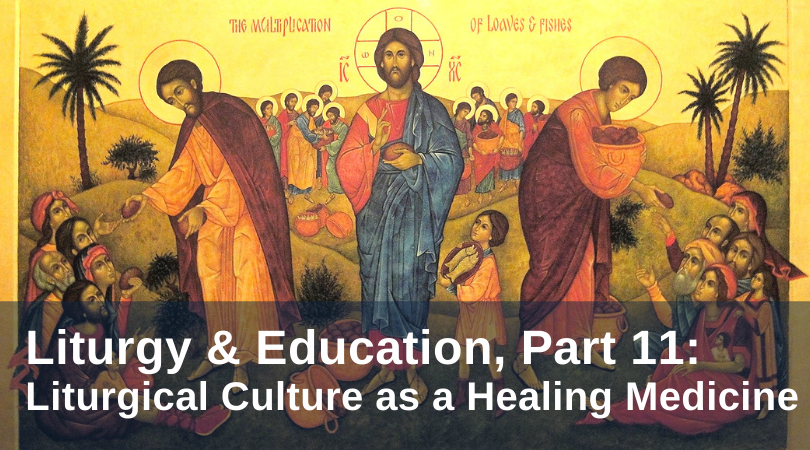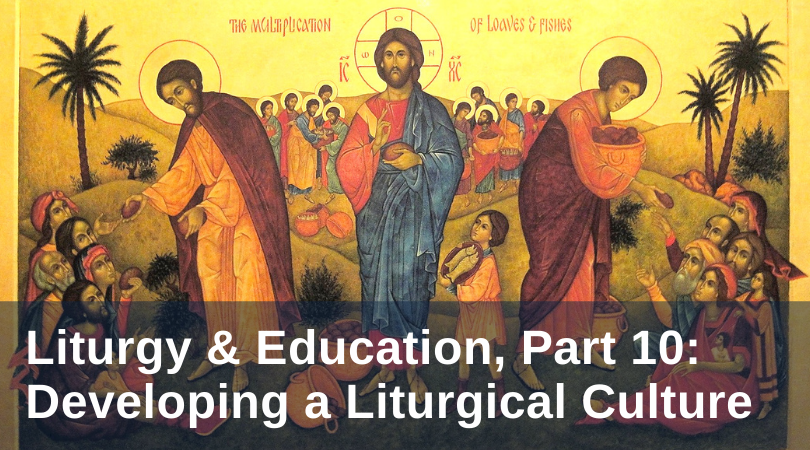The Notre Dame Center for Liturgy in the McGrath Institute for Church Life has long been a place where the Church’s leaders come together to plumb the depths of the liturgy and contemplate its role in the daily life and education of the Catholic Christian. For nearly fifty years, the Center for Liturgy has hosted an annual summer conference where scholars, clergy and religious, and pastoral ministers have considered together topics like liturgy and life, liturgical catechesis, liturgical music, and liturgy and the domestic church. The Liturgical Orientation of Catholic Education had been chosen for 2020’s conference theme; unfortunately, that event (like so many others) had to be cancelled due to the Covid-19 pandemic. Nevertheless, the Center for Liturgy’s Academic Director Tim O’Malley offered a compelling vision of Catholic education rooted in the liturgy through a multi-part blog series published over the last year, discussing everything from Catholic school liturgies to curriculum design. Each installment of the series can be accessed through the links below, and provides a great deal of food for thought for Catholic educators and school administrators alike.
Topics: Catholic education, Center for Liturgy, liturgical formation, liturgy and education
Forming Young Parishioners through Catholic Education
“When is our class going to sign the Book of the Remembrance?” asked my first period of sixth-grade students. It was now several days after All Souls Day, and they were concerned I had forgotten our plan to pray for loved ones who had passed away. “Friday,” I answered, “so that we are not interrupting morning Mass at the cathedral and will have more of an opportunity to pray.” Their nods of approval showed they both understood the delay and would not be forgetting the new plan.
Topics: Catholic education, parish life, Catholic Schools Week, Catholic schools
St. Thomas Aquinas and the Joy of Catholic Education
Well, here we are, still in the middle of a pandemic, and next week, it will be Catholic Schools Week once again. Has this week always just been a random excuse to enliven things in the schoolhouse at the peak of winter? For those engaged in remote learning, what might this year’s celebration mean minus the ice cream at lunch, dress down days, contests, and assemblies? Is a week like this destined to miss the mark in a pandemic year? Or, is there something more?
Topics: Catholic education, Catholic Schools Week, joy, St. Thomas Aquinas
Liturgy and Education, Part 11: Liturgical Culture as a Healing Medicine
In the previous post, I looked at three aspects of Pope Francis’ pontificate that address areas where liturgy might be healing of culture. Liturgical prayer provides an alternative to the technocratic paradigm, tribalism, and a culture of forgetfulness. In other words, a liturgical culture of life upholds the importance of matter, community, and an embodied approach to memory.
Topics: Catholic education, Pope Francis, liturgy and education
Liturgy and Education, Part 10: Developing a Liturgical Culture
A Diagnosis
One of the problems with liturgy is that it is often treated exclusively as an intramural activity of the Church. That is, liturgical education is about making sure that we ‘say the black’ (the words) and ‘do the red’ (the rubrics). Studying the liturgy, then, is basically learning to read the cookbook. Lay folk have their parts in this cookbook, and therefore, the Catholic school, family, and parish must teach these parts.
This means that liturgy becomes entirely a “churchy” thing, unrelated to the rest of life. However, this is a poor understanding of the liturgy. Liturgy has to do with culture—the way that we live our lives in the world. Liturgical culture means that liturgy “informs” what it means to be human in the context of the school, the family, and the parish.
Topics: Catholic education, Pope Francis, liturgy and education

